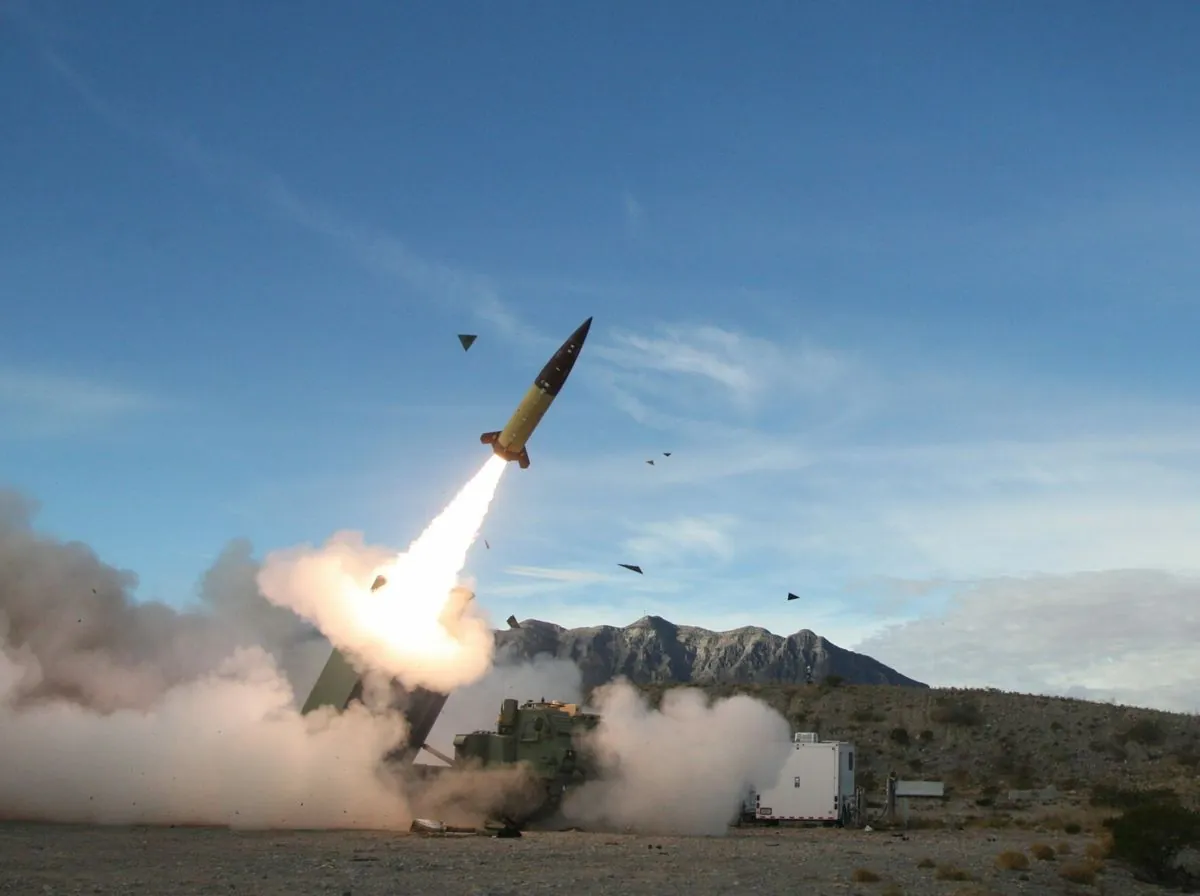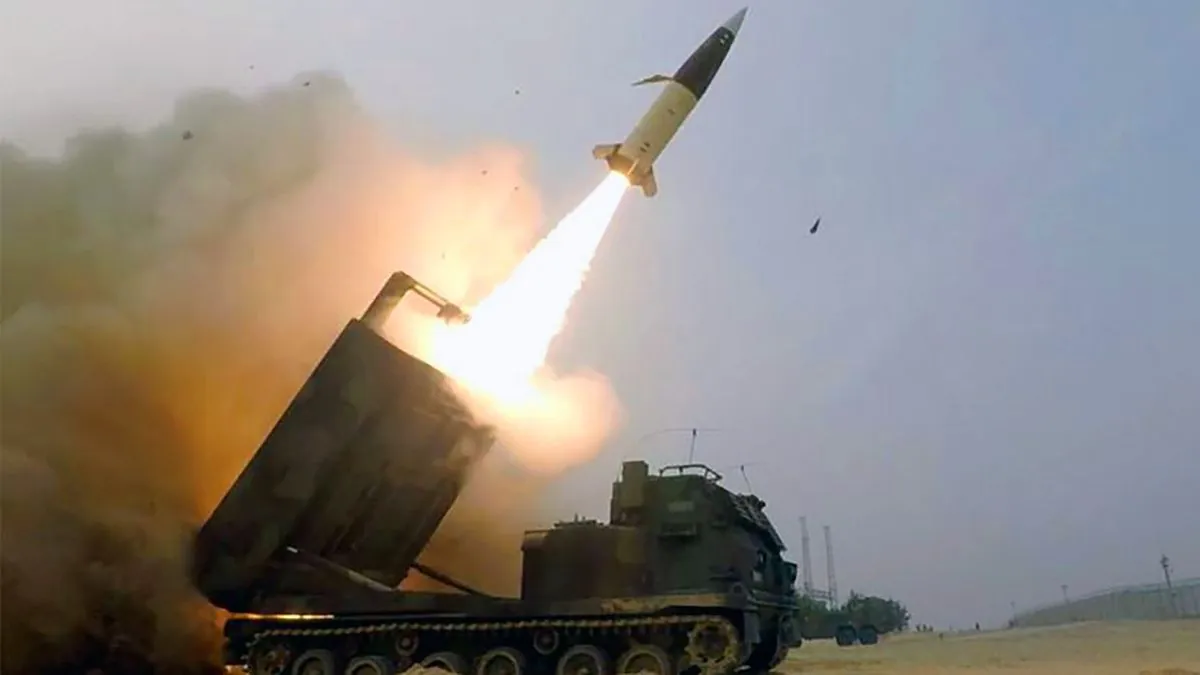US-Ukraine Rift Grows Over Long-Range Missile Use in Russian Territory
Tensions rise as Ukraine seeks permission to use US-supplied ATACMS for deeper strikes into Russia. The Biden administration remains cautious, citing escalation risks and limited impact, while European allies show support for Ukraine's request.

The ongoing conflict between Russia and Ukraine has entered a new phase of diplomatic tension, centering on Ukraine's request to use US-supplied long-range missiles for strikes deeper into Russian territory. This issue has highlighted a growing divide between the allies, as Kyiv expresses frustration over restrictions while Washington weighs the potential consequences of escalation.
President Volodymyr Zelensky is expected to personally appeal for permission to use the Army Tactical Missile Systems (ATACMS) during his upcoming meeting with President Joe Biden in Washington. ATACMS, a surface-to-surface missile system with a range of up to 300 km, has been a point of contention between the two nations.
Ukrainian officials argue that the ability to strike Russian airfields would significantly impact the conflict, particularly in countering the devastating effects of Russian glide bombs on Ukrainian front lines. Glide bombs, unpowered weapons that use lift to extend their range, have been a major concern for Ukrainian forces.

The debate over ATACMS use reflects a broader pattern in the conflict, where US officials have initially denied weapons requests before eventually approving them. This approach has often given Russia time to prepare defenses before new weapons reach the battlefield.
US officials express concern about the limited stockpile of ATACMS and the potential for rapid depletion if used for cross-border strikes. They argue that targeting locations in Crimea, which Russia annexed in 2014, is a more effective strategy.
European allies, including Britain and France, have voiced support for Ukraine's request. David Lammy, Britain's foreign secretary, recently indicated that the matter would be discussed at the United Nations General Assembly meeting in New York, which typically convenes in September each year.
The situation has implications beyond the immediate conflict. US officials worry about potential Russian retaliation in other global hotspots, such as arming Houthi rebels in Yemen who threaten maritime traffic in the Red Sea, or increasing sabotage activities in Europe.
"It's time to choose. Now you can't sit on two chairs simultaneously. You need to take one chair. The balancing act is a byproduct of crisis management instead of good strategy."
This debate echoes historical tensions between superpowers, reminiscent of the Cuban Missile Crisis in 1962, which brought the world to the brink of nuclear war. The current situation, while not as dire, underscores the delicate balance of power and the potential for escalation in modern conflicts.
As the conflict approaches its third year, the international community watches closely. The outcome of this debate could significantly influence the course of the war and shape future US-Russia relations, as well as global security dynamics.


































